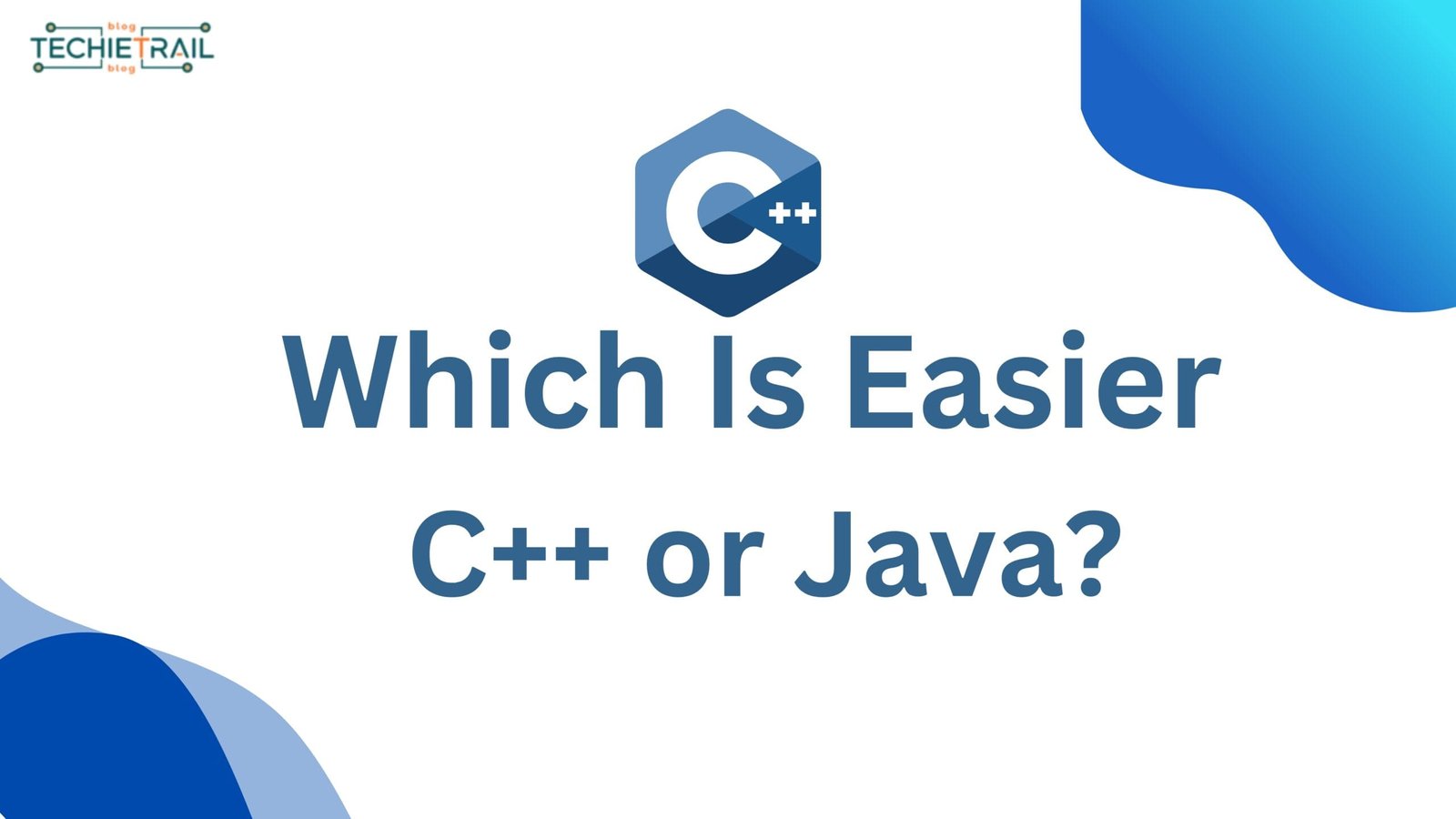Table of Contents
C programming is known for its efficiency and flexibility, but for beginners, understanding the concept of valid C Expression can sometimes be tricky. This blog will break down what makes a C expression valid, types of expressions in C, and common pitfalls to avoid. Whether you’re a student or an aspiring programmer, this guide will help you grasp the essentials.
What Is an Expression in C?
An valid C Expression is a combination of variables, constants, operators, and function calls that produces a value when evaluated. Think of it as a fragment of code that performs some computation and gives a result.
Basic Syntax of an Expression
result = operand1 operator operand2;
For example:
int sum = 5 + 3; // A valid C expression
Types of Valid C Expressions
C expressions can be classified into several types based on their operations and purpose.
1. Constant Expressions
A constant expression consists only of constants and evaluates at compile time.
const int x = 10; // Valid constant expression
2. Arithmetic Expressions
These involve arithmetic operators like +, -, *, /, and %.
int result = (5 * 3) + 2; // Valid arithmetic expression
3. Relational Expressions
These use relational operators like <, >, <=, >=, ==, !=.
if (a > b) {
printf("a is greater than b");
}
4. Logical Expressions
Logical operators like &&, ||, and ! combine or negate Boolean values.
if (a > b && b > c) {
printf("Conditions are true");
}
5. Assignment Expressions
These assign values to variables using the = operator or compound assignment operators like += or -=.
a = 10; // Valid assignment expression
b += 5; // Valid compound assignment expression
6. Pointer Expressions
Used with pointers and dereferencing operators (*, &).
int *p, a = 5;
p = &a; // Valid pointer expression
printf("%d", *p); // Accessing value through pointer
7. Function Call Expressions
Calling a function with valid arguments and syntax.
printf("Hello, World!"); // Valid function call expression
What Makes a C Expression Invalid?
An invalid expression is one that violates C’s syntax or semantics. Below are some common reasons why an expression might be invalid:
- Missing Semicolons: Every statement must end with a semicolon.
- Undeclared Variables: All variables must be declared before use.
- Incorrect Operator Usage: Operators must be used correctly based on data types.
- Mismatched Data Types: Avoid operations that mix incompatible data types.
- Syntax Errors: Parentheses, brackets, and braces must match correctly.
Examples of Valid C Expressions
- Simple Arithmetic:
int x = 10 + 20; - Combining Logical Operators:
if (x > 5 && y < 10) { printf("Valid logical expression"); } - Ternary Operator:
int result = (a > b) ? a : b; - Function Calls:
int sum = add(5, 10);
Tips for Writing Valid C Expressions
- Follow syntax rules for operators and functions.
- Declare variables before use.
- Check data types for compatibility.
- Use a compiler to catch errors.
- Understand operator precedence to avoid unexpected results.
Conclusion
In C programming, valid expressions are the building blocks of functional programs. By understanding their types and ensuring proper syntax, you can avoid common mistakes and write clean, efficient code.
If you’re still unsure about any aspect of C expressions, feel free to explore more tutorials and examples here on TechieTrail. Keep practicing, and soon, you’ll master writing valid expressions effortlessly!


